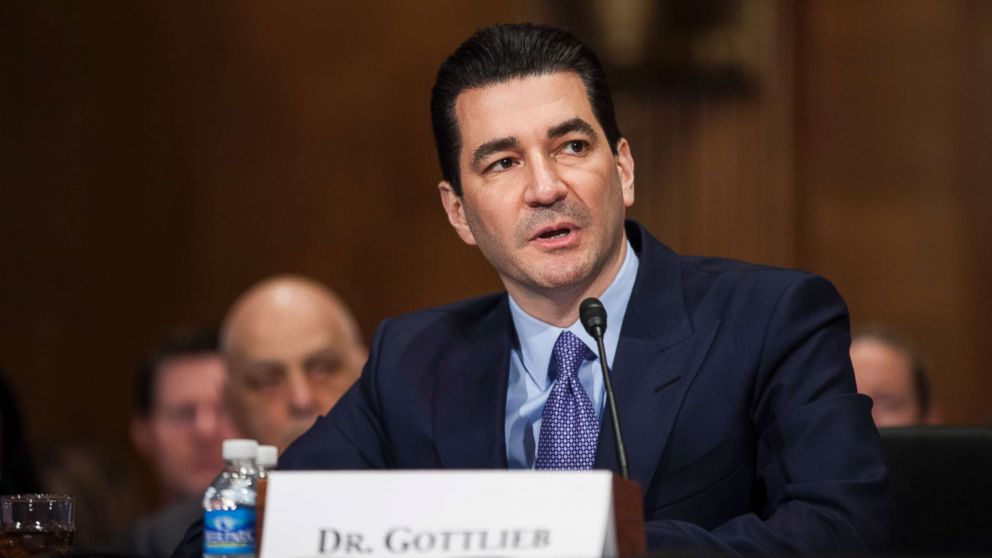
Creative human-AI partnerships and AI-generated music: WaveAI CEO and co-founder Maya Ackerman speaks with Jon Krohn about learning to see – and accept – AI’s…
Thought Leader: Jon Krohn

By Scott Gottlieb (original source The Wall Street Jounral)
“First, the bad news: America’s coronavirus epidemic is only beginning, and the suffering will become more searing over the next two weeks. Hospitals in New York City may soon be overwhelmed. New Orleans, Chicago, San Francisco and Seattle may not be far behind.
It will soon be clear why Covid-19 can’t be allowed to rage through the country untamed. The intense restrictions—telling Americans to stay inside in New York, California and other states—are necessary. But so is a path back to a more normal life. Here’s what the priorities should be in the coming weeks, with a focus on preventing new sparks of the virus from turning into the fires of New York and Seattle.
Containment is no longer realistic in some areas of the U.S., but in other places it may still be possible. As public-health authorities learn more about infection rates in different parts of the country, governments can tailor strategies to the facts on the ground. There is a tradeoff between mitigation strategies, which target large populations—such as sheltering in place—and interventions that try to isolate those who are infected or might have been exposed.”
Click here to read more
Creative human-AI partnerships and AI-generated music: WaveAI CEO and co-founder Maya Ackerman speaks with Jon Krohn about learning to see – and accept – AI’s…
Thought Leader: Jon Krohn
Dr. Sanjay Gupta: How to Safely Store Your Leftovers
We all have our cooking rituals, but are some of them unsafe? Dr. Sanjay Gupta gets to the bottom of handwashing hygiene, especially when handling…
Thought Leader: Sanjay Gupta
Ian Bremmer: “We’re not much closer to a ceasefire”
The Trump administration is pushing to secure a peace deal to end the war in Ukraine. But what that looks like and whether Russia is…
Thought Leader: Ian Bremmer

